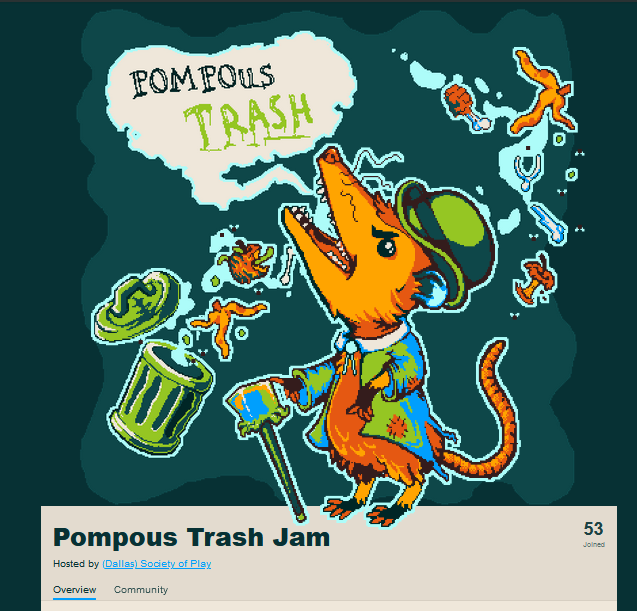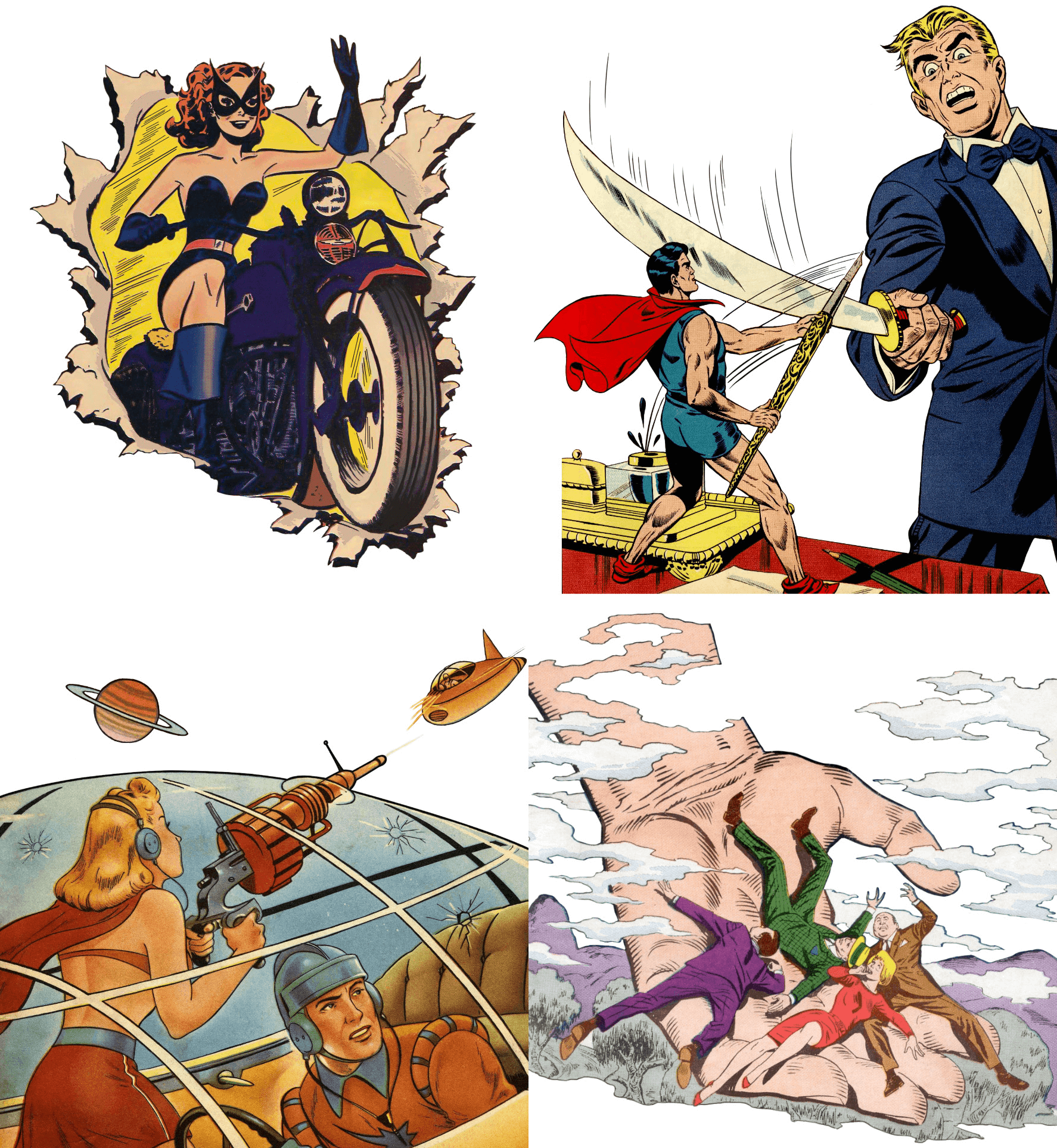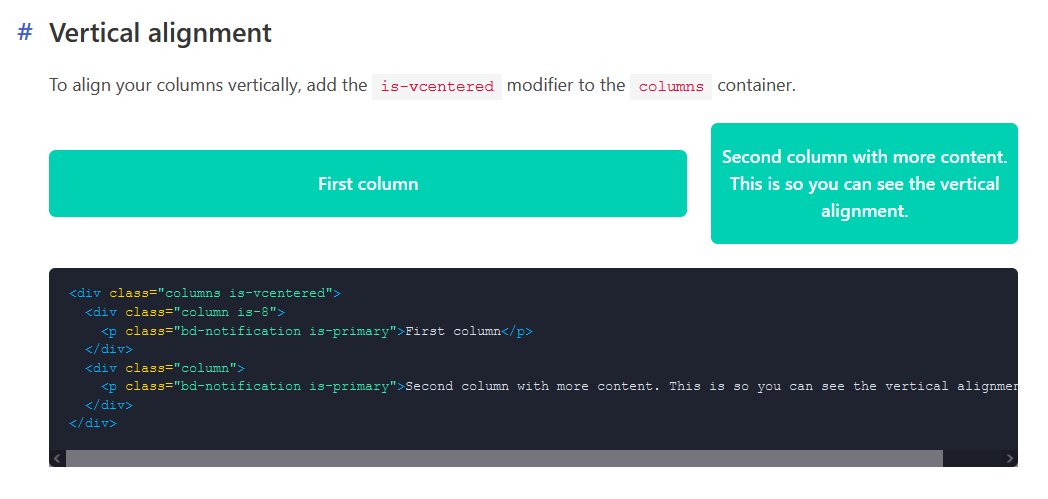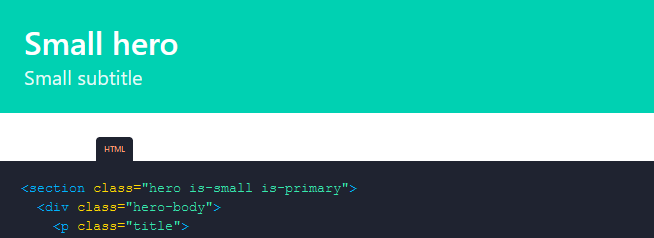Context
I really wanted to reboot the LocJAM.
Translators are very passionate people, but they are also constantly forced to work alone, dispersed throughout the world.
When you give them any chance to interact, they usually eye each other with suspect for about 5 minutes, before they excitedly start sharing anecdotes and war stories for hours.
We saw it in action with the old LocJAM translation contest, and it was magical, and I wanted more.
But the old formula had two major flaws.
First of all, it was extremely complex to manage. Server, mailing list, jury, prizes... Every single step involved dozens of people and skills beyond my expertise.
And it was competitive. Sure, it was deliberately designed to water down the competition as much as possible. Any team size allowed, any skill level allowed, we had up to 16 different "winners" per language... It wasn't really possible to plan a sure way to victory, but that didn't stop some from trying (and being a nuisance in the process)
Solution and moving forward
So we moved to Itch.io
And with that, the infrastructure problem shrunk from self-managing our own everything to having an account on a platform handling dozens of jams every day. For free.
And the competition vanished into a public vote. So there even isn't a prize to aim for, just the hope to appear a little higher on a page ranking.
I think it's a good change, as it removes the main obstacles that were stopping us.
Sure, a few people might not enjoy the event as a jam, and wonder why joining if there are no prizes. Not much we can do about it.
But also, we must accept we're no longer on our own, but surrounded by whole new people. Would we be welcome? And how would these systems built for game development work for game localization?
We had to give it a try, as soon as possible.

Our next door neighbor: Pompous Trash Jam
Moving forward... into new problems
I really like board-game translations. Not professionally: unfortunately we only had one paid project in this area, and they somehow managed to print Google Translated text instead of ours.
But as a learning tool, board-games are amazing. First of all, they must leave absolutely no ambiguity about rules: a videogame can carry on if you don't understand it right away, but a board-game will simply fall apart. And while you try to make all your explanations as clear and precise as possible, don't forget to be readable and entertaining or people will just stop reading.
There's a lot of skill involved, and it all comes in a compact, unassuming package.
And very importantly in this phase, a package that's technologically simple. Preparing videogames so that they are easily translatable is always a challenge. Strings have to be carved out and moved to an editable file, fonts have to be added, checks must be implemented... It all takes time.
But analog games can be translated pretty much as-is.
And we had found a lovely candidate: [NAME REDACTED] the manual for an RPG game, lovingly illustrated and formatted. And best of all: it already came under a Creative Commons license that would allow us to translate it and tweak it right away, freely.
Or so we thought.
Because the text was indeed freely available under Creative Commons. But illustrations and formatting were copyrighted and out of reach. We had to create our own, without much time or budget. And so we did.





